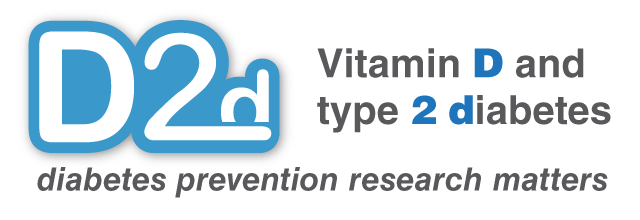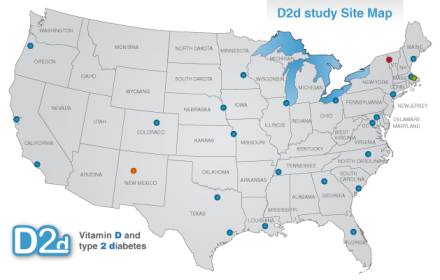![]()
86 million Americans have pre-diabetes (1/3 of the adult population) and their chance of developing diabetes is about 10% per year. Physical activity and weight loss can lower diabetes risk. However, many people still develop diabetes despite efforts at changing their lifestyle.
Click for information on pre-diabetes.












